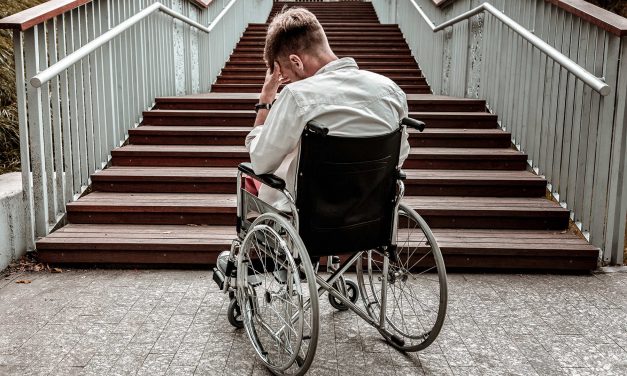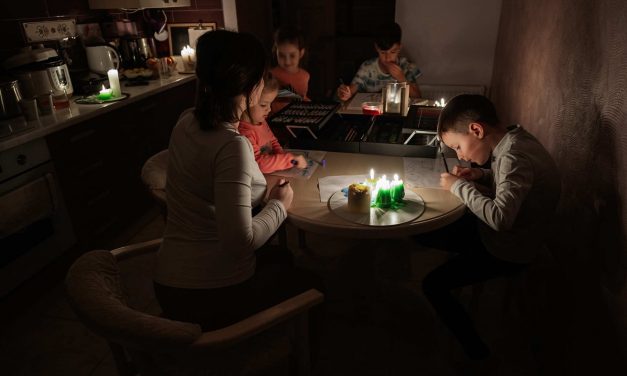ICE expands 287(g) to record levels under Trump as critics warn of lost trust and diminished safety
By W. Carsten Andresen, Associate Professor of Criminal Justice, St. Edward’s University During his first few months in office, President Donald Trump has been establishing a framework for deporting undocumented immigrants en masse. It is something he has previously vowed will be “the largest deportation operation in the history of our country.” Part of that operation includes what’s known as the federal 287(g) program. Established in 1996, it allows U.S. Immigration and Customs Enforcement, whose work is normally carried out by federal officials, to train state and local authorities to function as federal immigration officers. Under 287(g), for example,...
Read More















